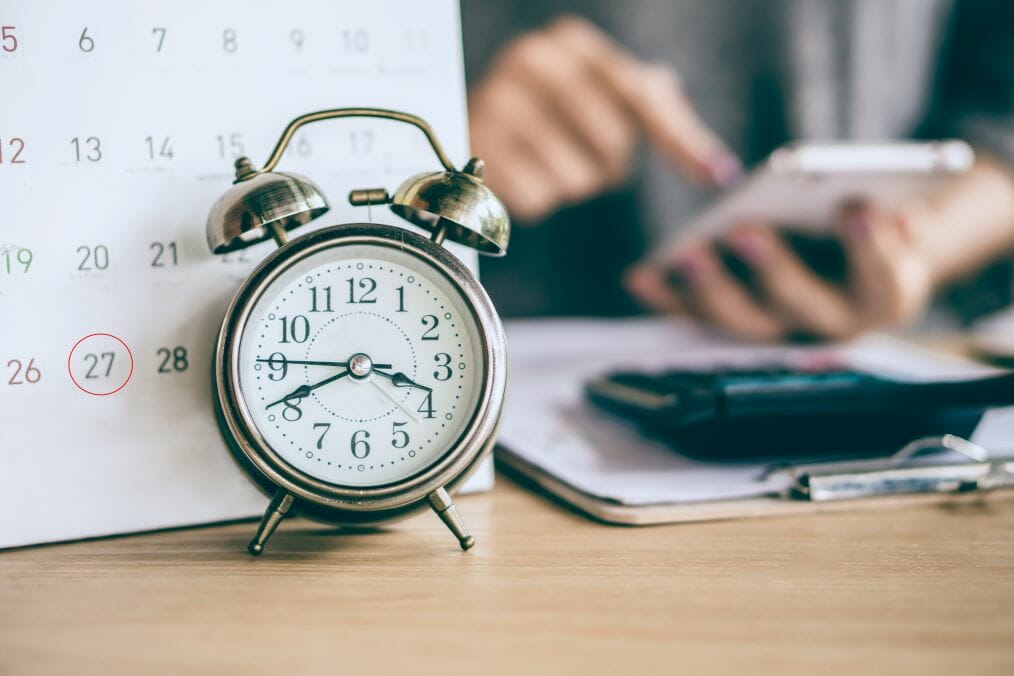Australian workplace culture

Conversation at work
In Australian workplace culture, meetings often start with social chit-chat to break the ice. Joining in and sharing a little bit about your personal life with your workmates (if you feel comfortable doing so) can help you build great working relationships and get to know your colleagues better.
A general rule many Aussies follow is avoiding any mention of religion or politics at work to avoid offending anyone or starting an argument.
Language
If you’re on a student visa, temporary work visa or working holiday visa in Australia, you might be surprised that jokes, cynicism and sarcasm are common in the workplace here. Many phrases that would be considered very rude in other countries are perfectly acceptable to drop into the conversation in a workplace in Australia. However, take your cues from your colleagues before you start experimenting too much with a more colourful vocabulary!
You may need to be a bit flexible and forgiving with the language your colleagues use but speak up if someone says something that offends you and ask them to stop – there’s no need to silently put up with comments that you find offensive.
Greetings
Dress
Every workplace will have different standards when it comes to dressing, but generally, Australian workplace culture has a more casual approach.
Some standard norms of corporate attire apply. For men, this usually means long pants/trousers and button-front shirts. Women may have more freedom in their clothing choices in the workplace but – as a general rule – should avoid very short skirts, low-cut tops, and anything too sheer or extremely figure-hugging.
Working hours

However, according to the University of Sydney Business School’s Australia at Work study, only 34% of all employees surveyed reported working ‘standard hours’ of between 35 and 40 hours per week. 37% usually work more than 40 hours a week, 19% work between 41 and 49 hours a week, and 18% work 50 hours or more per week.
Migrant and working holiday visas in Australia may have unlimited work rights, while others, like student visas, only allow you to work a certain amount. Make sure you read your visa conditions carefully to ensure you’re following the rules.
Annual leave
A key part of Australian workplace culture is a strong work-life balance, which includes plenty of time off for fun and adventure. Aussie workers typically get 20 days of annual leave a year. This may seem like a lot or not much, depending on where you’re from!
Workplaces in Australia also enjoy lots of public holidays! However, some industries and workplaces, such as hospitality, are required to work public holidays.
Fairness
You can expect to be treated fairly and consulted about issues that affect you in any workplace in Australia.
The Australia at Work study found that 78% of employees either agreed or strongly agreed that employees were treated fairly at their workplace. 73% of employees either agreed or strongly agreed that managers consult employees about issues affecting staff.
Your rights & obligations
At any workplace in Australia, your rights and obligations as an employee are clear.
The workers rights and restrictions section on the Department of Home Affairs website explains that:
- Every worker from overseas must have a valid Australian visa with work rights. Temporary visas with work rights include working holidaymaker visas, student visas, and the subclass 482 visa. You can check your work and visa conditions at VEVO.
- Employers are responsible for checking your right to work in Australia and may ask to see your passport or other identification. Employers must have your permission to check your work rights.
- Employers cannot cancel visas. Only the Department of Home Affairs can grant, refuse or cancel visas.
The Department of Home Affairs website provides other useful information on visa choices, including how to change your sponsor, expiring visas or applying for permanent residence.
Overseas Visitor Health Cover
Thinking of working in Australia after your study? You may need overseas visitor health insurance.
Our Overseas Visitor Health Cover (OVHC) includes a range of medical services and expenses to help you stay healthy during your stay. Our OVHC meets the Australian Government's requirements for adequate health insurance for the Temporary Skill Shortage visa (subclass 482) and Temporary Graduate visa (subclass 485).
